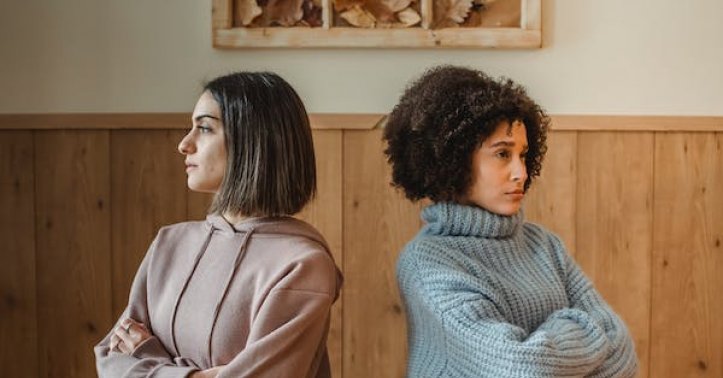
The Difficulty in Relationships

Contributed by :Ms. Anita Anand
View Full profile
We are in relationships all our lives. From the time we are born till the day we die, we are in relationships.
A relationship is a connection between people. It involves physical and/or emotional intimacy. Although an intimate relationship is commonly a sexual relationship, it doesn’t have to be. It can be a non-sexual relationship involving family, friends, or acquaintances.
How do we learn to be in relationships?
The family is the first institution we encounter, so our first role models are our parents. How we see our parents relate to each other and to us, as children, shapes our notions of the nature of relationships. This extends to our siblings if there are any. And, if we grow up in joint families, we have grandparents, uncles, aunts and cousins in proximity, who we interact with. And these adults interact with each other.
As we grow, we enter the institutions of schools, religion, colleges and the workforce. We make friends along the way. By the time we are teenagers, we become more independent, moving away, emotionally and sometimes physically, from parents and forming circles of friends and relationships which meet our needs. We begin to be sexually attracted to others and develop romantic relationships. And we experience heartbreak.
Nobody is ready for heartbreak. While we find it easy to fall in love, we are devastated when a loved one wants to break off a relationship. We suffer. Whether it’s a friendship or a romantic relationship, we suffer equally. We begin to think of ourselves as unworthy of love. We feel insecure, sad and sometimes depressed. Often, we drift apart, as our interests change and widen, and we don’t have as much in common than we did.
Unfortunately, we don’t learn about how to be in relationships. It is just assumed we will know how to be in them. We can get degrees in professions and be proud of them, but there are no courses or degrees in how to build good relationships. Fortunately, in this age of Internet, we can get free advice on websites, YouTube and face to face, from psychotherapists.
How do we build good relationships?
Good relationships are those in there is good and open communication about needs, feelings and fears. If we grow up in homes where communication is poor and feelings are routinely dismissed, it is hard for us to navigate the relationship. These are learned skills.
What are we looking for in a relationship? If it’s a friend, what kind of friend do we need? Loving, kind, generous, a good listener? Someone who can tell us the truth about ourselves is a good friend. We must be clear about the kind of person we want as a friend, rather than be swayed by looks, wealth or class.
Just as in friendship when we look for love, or it comes upon us, we can seek clarity about the kind of person we want to be with. What is their world view? What do they value? Are they kind, gentle, loving? Do they express themselves? Do they communicate well? Do we feel bad when we are with them, or good?
We must also be in touch with our feelings – love, anger, jealousy, and other emotions – by admitting we are feeling that way. Then, by speaking to the other person about this, instead of the silent treatment or second guessing why they’re behaving the way they are.
If the relationship is exclusive, clarify that. If fidelity is important to you, then be upfront about it. If habits such as smoking, drugs, alcohol bother you, then put it out, in a straightforward way.
No matter what type of relationship you have with another person(s), it is important for it to be a healthy one. Healthy relationships are those where there is trust, mutual respect, openness, honesty, affection and good communication.
If a relationship causes stress or shows signs of being toxic, establish boundaries, talk to a therapist, or consider ending the relationship.
And if a relationship ends, remember there is a lot of learning, for the next relationship.
#relationships #romance #friendship #families








